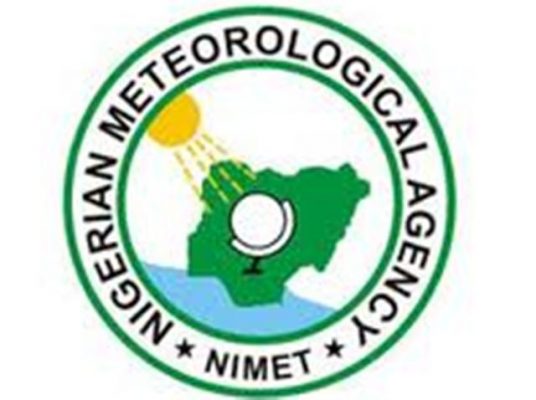The Nigerian Meteorological Agency and stakeholders in the meteorological sector on Tuesday commended the Lagos State Government for effectively working along the 2022 Seasonal Climate Prediction to achieve minimal and controllable flooding in the State.
Various speakers said this at a review of the year 2022 Seasonal Climate Prediction in Lagos State held at Ikeja.
They agreed that the state deserves kudos for the successful management of floods that prevented widespread destruction of lives and properties.
Meanwhile, the State Government also restated its commitment to continually intensify Seasonal Climate Prediction in order to address the scourge of global climate change in the state.

This assurance was given by the Permanent Secretary, Office of Drainage Services, Engr. Nurudeen Shodeinde, who added that Government has increased its capacity with the establishment of a Flood Forecasting System.
The Permanent Secretary, represented by the Director of Drainage Enforcement and Compliance, Engr. Mahnood Adebite, noted that the Flood Forecasting System employed automatic weather stations in three pilot areas to produce daily weather forecasts with particular focus of forecasting heavy rainfalls.
He said immediately after rainfall pattern prediction release, the Ministry of the Environment and Water Resources gets working by analysing its implications for the State and adopting strategies to reassure the people of its capacity to deal with the coming rains.
Shodeinde said: “We have established a flood monitoring system with installation of River Gauge Stations in Ikoyi and Ikorodu as against the early warning of flooding on rivers, creeks and their surrounding communities.
“We didn’t stop at data gathering and warnings.
“We also embarked on a comprehensive all year-round cleaning and maintenance dredging of drainage channels/canals, reclamation of right of ways of drainage alignments, construction of new drainages as well as public awareness campaign aimed at re-orientating the populace on dumping waste in drainages.”
Shodeinde said as part of the efforts to combat flooding in the State, the collaboration with NiMet was not a one off as the government had maintained similar relationship with bodies like Ogun-Oshun River Basin Development Authority, Nigeria Hydrological Services Agency and various State Ministries, Departments and Agencies such as Lagos Waste Management Authority amongst others.
He reiterated that the government preparations paid off, saying while some states were devastated by flood this year, Lagos, despite its peculiarities like its low-lying nature and high population density amongst others, coped well.
He said a reviewing of the Year 2022 SCP would afford the government a self-assessment, especially in the Global Climate Change Era and the challenges it poses, stressing that it was necessary due to its impact, which is mostly felt at the communal level, comprising of already vulnerable individuals.
He urged residents to desist from spreading fake news as many times incidences of flash floods were misreported and blown out of proportion.
In his remarks, Director General of NIMET, Prof. Mansur Matazu, who was represented by the Assistant General Manager NIMET, Oyegade Adeleke, noted that extreme weather and natural disasters are becoming more frequent because of climate change globally.
He said Nigeria in year 2022 experienced exceptionally heavy rains from the North to the South, causing widespread flooding, which aggravated human health and food security risks as reported by statistics from the National Emergency Management Agency.
Mutazu stressed that lot of people died and many were displaced in addition to properties and farmlands being destroyed.
He added that also this year, changing temperatures have caused several climate emergencies, ranging from the historic flooding in Pakistan that displaced millions, to the rapid melting of a major glacier in Antarctica, as well as droughts in America and equatorial eastern Africa.
He noted that NiMet is determined to continually support States Governments by providing early warnings for early action as the first line of defence to adapt to climate threats and increase resilience to disasters.


